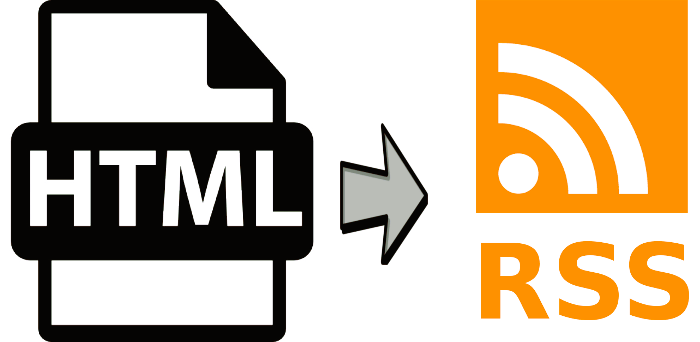In the fast-paced world of digital content distribution, the ability to efficiently convert RSS (Really Simple Syndication) feeds into other formats is essential for reaching a wider audience and enhancing content accessibility. RSS conversion tools offer a convenient solution for converting RSS feeds into various formats, including HTML, JSON, and XML, enabling content creators and publishers to repurpose and distribute their content across different platforms and channels. In this article, we’ll explore the importance of RSS conversion tools, their practical applications, and the benefits they offer to content creators and publishers.
Understanding RSS Conversion Tools:
RSS conversion tools are software applications or online services designed to convert RSS feeds into different formats, such as HTML, JSON, XML, and others. These tools typically offer a range of features and functionalities for customizing the conversion process, including the ability to specify output formats, customize output templates, and schedule automatic conversions. By leveraging RSS conversion tools, content creators and publishers can streamline the process of repurposing and distributing their content across multiple platforms and channels.
Practical Applications of RSS Conversion Tools:

- Generating HTML Pages: One of the primary applications of RSS conversion tools is to generate HTML pages from RSS feeds. By converting RSS feeds into HTML format, content creators can create dynamic web pages that display the latest content updates from their RSS feeds, making it easier for visitors to access and navigate the content.
- Syndicating Content to Websites: RSS conversion tools enable content creators to syndicate their content to websites and blogs by converting RSS feeds into compatible formats. This allows website owners to display content from external RSS feeds on their websites, providing visitors with a diverse range of content from different sources.
- Creating Email Newsletters: RSS conversion tools can be used to create email newsletters by converting RSS feeds into email-friendly formats such as HTML or plain text. This allows content creators to automatically generate newsletters containing the latest content updates from their RSS feeds and distribute them to subscribers via email. How RSS influences the latest news headlines, read more here.
- Integrating with Social Media: RSS conversion tools can facilitate integration with social media platforms by converting RSS feeds into formats compatible with social media posts. This allows content creators to automatically share content updates from their RSS feeds on social media platforms, increasing visibility and engagement with their audience.
- Customizing Output Formats: Many RSS conversion tools offer customization options for output formats, allowing content creators to tailor the appearance and structure of converted content to suit their specific needs. This includes options for specifying output templates, styling elements, and metadata inclusion, ensuring that converted content aligns with brand guidelines and user preferences.
Benefits of RSS Conversion Tools:

- Efficiency: RSS conversion tools streamline the process of repurposing and distributing content by automating the conversion process. This saves time and resources for content creators, allowing them to focus on creating high-quality content rather than manual conversion tasks.
- Versatility: RSS conversion tools offer versatility in terms of output formats, allowing content creators to convert RSS feeds into various formats depending on their distribution needs. This flexibility enables content to be distributed across different platforms and channels, reaching a wider audience.
- Accessibility: By converting RSS feeds into accessible formats such as HTML, RSS conversion tools enhance content accessibility for users with disabilities or those using assistive technologies. This ensures that content is available to a diverse audience, improving overall user experience.
- Automation: Many RSS conversion tools offer automation features, allowing content creators to schedule automatic conversions at regular intervals. This ensures that content updates are promptly converted and distributed to users, maintaining content freshness and relevance.
- Integration: RSS conversion tools often integrate with other tools and platforms, such as content management systems (CMS), email marketing platforms, and social media management tools. This seamless integration streamlines content distribution workflows and enhances cross-platform compatibility.
Conclusion:
In conclusion, RSS conversion tools play a crucial role in the digital content distribution ecosystem by enabling content creators and publishers to repurpose and distribute their content across multiple platforms and channels efficiently. By converting RSS feeds into various formats such as HTML, JSON, and XML, these tools facilitate content syndication, email newsletter creation, social media integration, and more. With their versatility, efficiency, and automation capabilities, RSS conversion tools empower content creators to reach a wider audience, enhance content accessibility, and maximize the impact of their content distribution efforts.
For further insights into RSS conversion tools, please visit Wikipedia for additional information.


